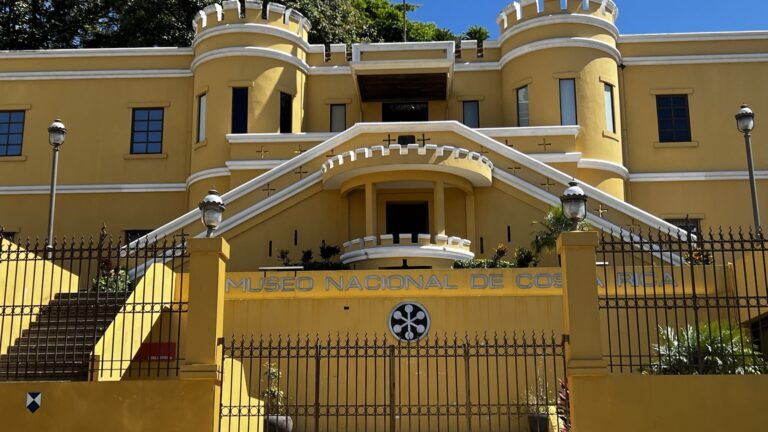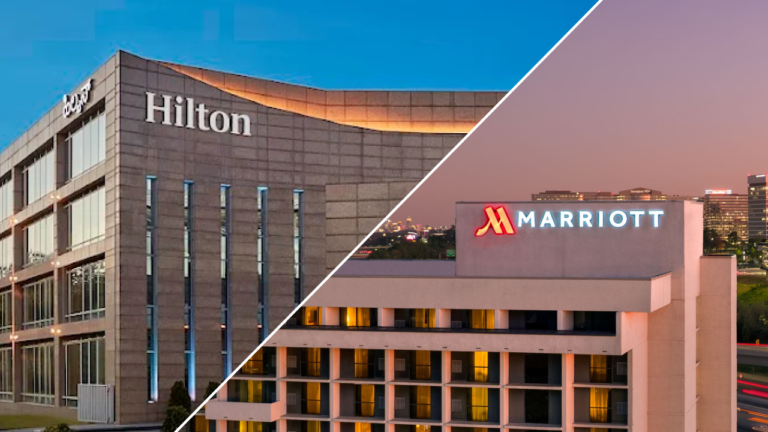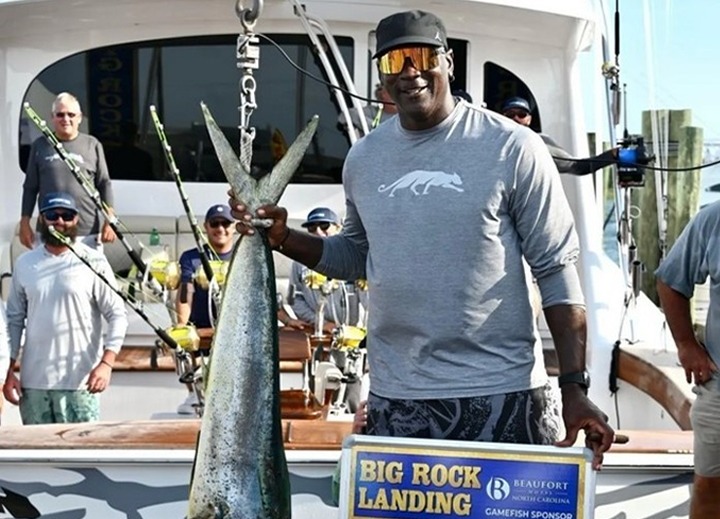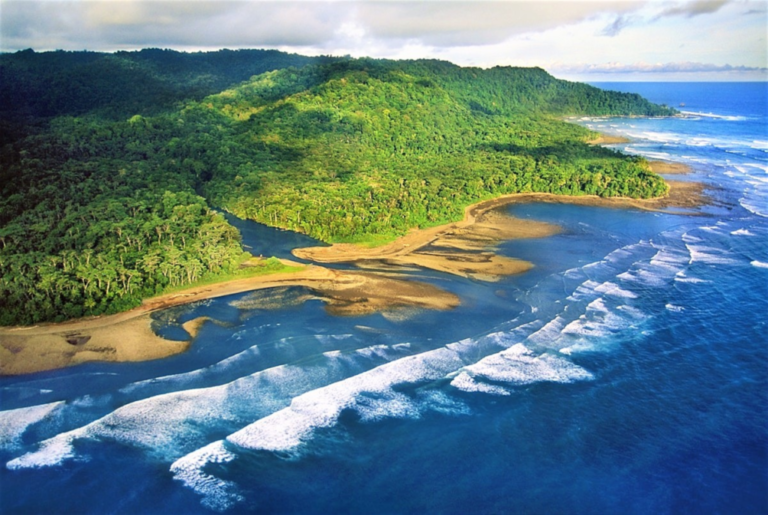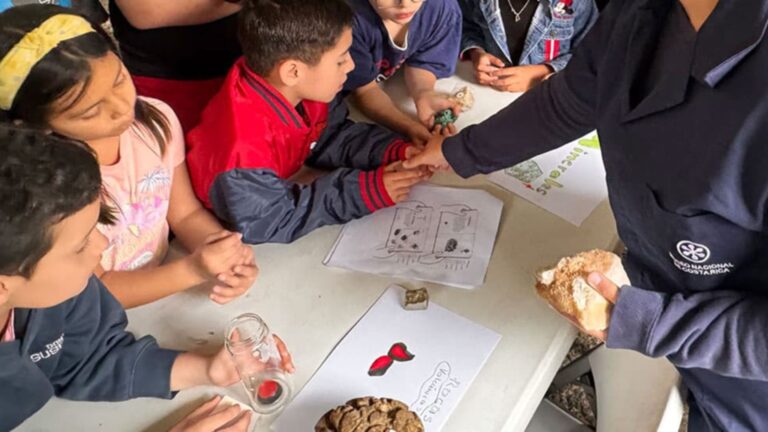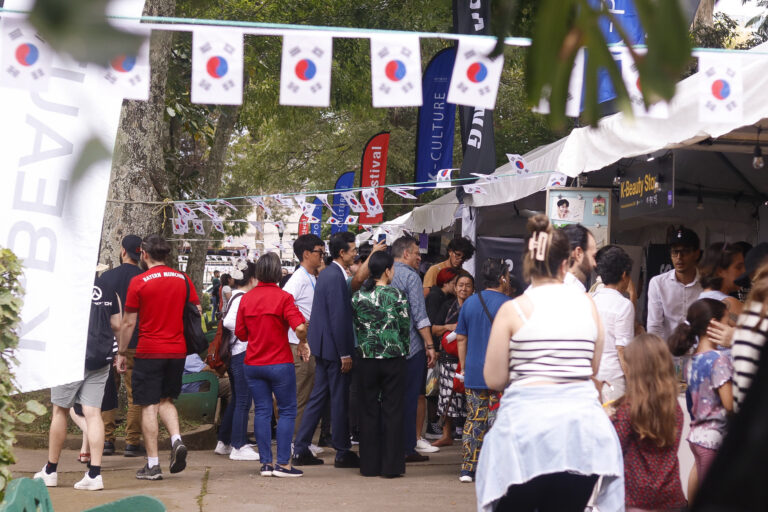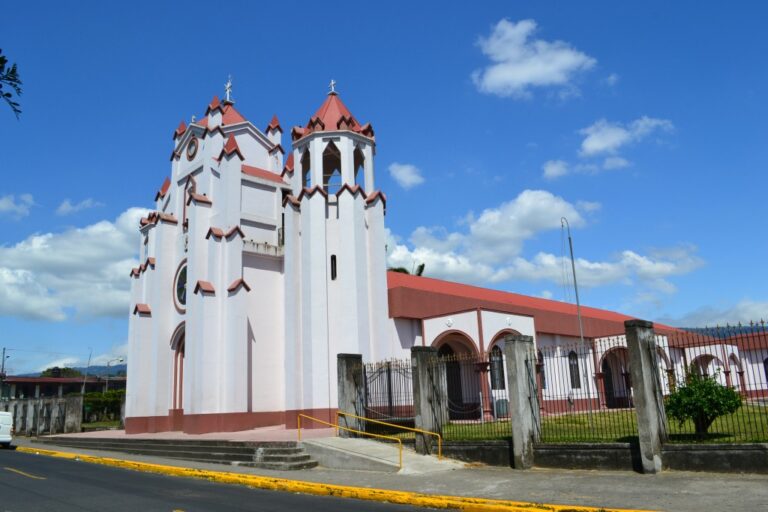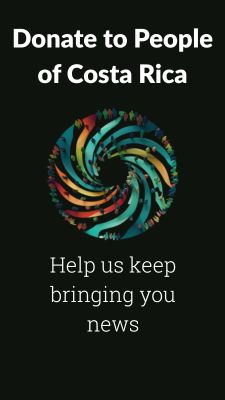This past weekend, the air in Limón didn’t just smell of the sea, but also of history, justice, and a future being built in unity. The First National Congress of the Afro-Costa Rican Tribal People’s Forum (FPTAC), held on August 1st and 2nd, was not just an event; it was a powerful declaration from the heart of the Costa Rican Caribbean.
More than a hundred leaders, youth, and members of Afro-descendant organizations from across the country gathered to chart a common path. This post explores the key moments, the voices, and the profound significance of a meeting that will mark a before and after for the recognition and development of the Afro-descendant people in Costa Rica.
Why Now? The Fight for Recognition and Justice
For decades, the Afro-Costa Rican community has fought for its full recognition. While the Political Constitution already defines Costa Rica as a “pluricultural and multiethnic” nation, this congress seeks to go a step further. The goal is to solidify the recognition of the “Afro-Costa Rican tribal people” as a collective subject of law, with its own cultural identity, language, and historical tradition.
This is not just a matter of semantics; it is the foundation for demanding economic justice, political participation, and development that respects their worldview. As stated by the tribal leader of the FPTAC, Queku Shaka Zulu: “This congress is a call to action and to unity of purpose… It is a crucial opportunity for us, together, to trace a path toward a future where our rights, our culture, and our contributions are fully recognized and respected.” This event represents the formalization of an ancestral mechanism of representation that seeks to engage in dialogue as an equal with the State and society.

The Voices of the Congress: Dialogues that Forge a Future
With the support of various United Nations agencies, the congress became a vibrant space for dialogue. The work sessions focused on three fundamental pillars: recognition, justice, and development. Topics ranged from the fight against contemporary forms of racism to the need for specific public policies in health, education, and economic opportunities for the Afro-descendant population.
The presence of international and national speakers, such as former Vice President Epsy Campbell and acclaimed writer Quince Duncan, added a deep layer of analysis and experience. Their interventions served as a reminder not to retreat on acquired rights and to continue fighting against historical invisibilization.
From Limón to Costa Rica: The Legacy of the Congress
More than just a two-day event, the congress is the starting point for a unified agenda. Its main legacy is the consolidation of the FPTAC as the representative and legitimate voice of the community. From here, concrete proposals will emerge to be presented to the Legislative Assembly, the Executive Branch, and international organizations.
This congress reminds all of Costa Rica that the nation’s richness lies in its diversity. The strengthening of the Afro people’s identity and organization not only benefits this community but also fortifies the democracy and the social fabric of the entire country, compelling us all to look to the Caribbean not as a peripheral region, but as a fundamental cradle of our national identity.
The Echo of United Voices
The First National Congress of the Afro-Costa Rican Tribal People’s Forum has concluded, but its echo is just beginning to resonate. It was an act of self-determination, of empowerment, and clear proof that unity is the most powerful tool for transformation. The question that remains for all of us as inhabitants of this nation is: How can we, from our own spaces, be allies in this fight for recognition and justice?







